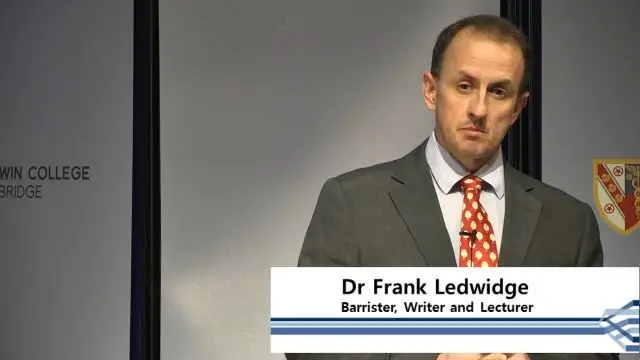Losing the New Great Game

8 年
1.4K ビュー
カテゴリー:
解説:
The failed British military campaigns in Basra and Helmand followed similar courses. They began confidently, followed by defeat in the field and US military bail-out. The enemies of UK forces now dominate both theatres. British generals prided themselves on their prowess in exactly the kind of conflicts they thought they had entered- ‘counterinsurgency’. How then did they go so wrong? Before an army becomes involved in conflict, it should fully understand the kind of war it is going to be, what it wants to achieve by it and how the war will achieve those ends. British generals failed to ensure clarity on any of these questions and had no workable strategy. Further, they lacked a corporate culture and flexibility to understand and adapt to the environments in which they found themselves and defaulted to methods for which they were trained. The lack of a sound intelligence system and consequent situational naivete allowed their enemies to gain and retain the initiative. However, whilst there is a long way to go, there are signs that UK military leadership is developing the necessary skills and awareness to conduct successful operations.
Biography
Following eight years as a Barrister in Liverpool, Dr Frank Ledwidge served as a reserve military intelligence officer on front-line operations in Bosnia, Kosovo and Iraq.He has also worked as a civilian security and justice advisor in UK Missions during the conflicts in Afghanistan and Libya. A law graduate of Oxford University, Frank holds a doctorate from Kings College London awarded for a study of the role of courts in insurgency. He is the author of two well-reviewed and bestselling studies of Britain’s recent military adventures ‘Losing Small Wars’ (Yale 2011) and ‘Investment in Blood’ (Yale 2013). He currently lectures in strategy and international law for Portsmouth University at the Royal Air Force College, Cranwell.
Biography
Following eight years as a Barrister in Liverpool, Dr Frank Ledwidge served as a reserve military intelligence officer on front-line operations in Bosnia, Kosovo and Iraq.He has also worked as a civilian security and justice advisor in UK Missions during the conflicts in Afghanistan and Libya. A law graduate of Oxford University, Frank holds a doctorate from Kings College London awarded for a study of the role of courts in insurgency. He is the author of two well-reviewed and bestselling studies of Britain’s recent military adventures ‘Losing Small Wars’ (Yale 2011) and ‘Investment in Blood’ (Yale 2013). He currently lectures in strategy and international law for Portsmouth University at the Royal Air Force College, Cranwell.


